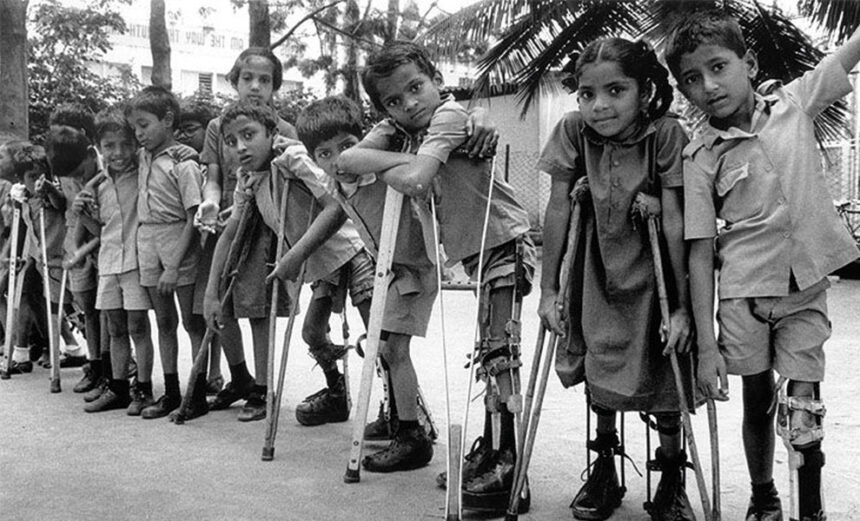Pakistan is grappling with a new threat of poliovirus resurgence as environmental samples from sewage systems in 20 districts across the country tested positive for the virus, according to a statement from the National Polio Laboratory at the National Institute of Health (NIH).
The alarming findings have triggered an immediate response from health authorities, intensifying vaccination campaigns to curb the spread and protect vulnerable populations, particularly children under five.
The affected districts span multiple provinces, including key areas in Punjab, Sindh, Khyber Pakhtunkhwa, and Balochistan, with specific sites such as Karachi, Lahore, Quetta, and Peshawar reporting positive samples.
The detection of wild poliovirus type 1 (WPV1) in sewage indicates ongoing circulation, raising concerns about potential outbreaks in communities with low vaccination coverage. This development comes despite Pakistan’s significant progress in reducing polio cases, with only six reported in 2024, primarily in Balochistan.
Dr. Shahzad Baig, Coordinator of the National Emergency Operations Centre (NEOC) for Polio Eradication, emphasized the urgency of the situation, stating, “The presence of poliovirus in sewage is a red flag, signaling silent transmission in under-immunized areas. We are scaling up vaccination drives and door-to-door campaigns to ensure every child is protected.” The NEOC has deployed rapid response teams to the affected districts, focusing on high-risk and nomadic communities, while urging parents to cooperate with vaccinators.
The polio program is collaborating with provincial health departments to conduct targeted immunization rounds, with a nationwide campaign scheduled for late July 2025. The initiative includes administering oral polio vaccine (OPV) and inactivated polio vaccine (IPV) to bolster immunity. Additionally, the government is enhancing surveillance and public awareness to address vaccine hesitancy, a persistent challenge fueled by misinformation.
Pakistan, alongside Afghanistan, remains one of the last two countries with endemic polio, making these findings a critical setback. The virus’s detection in urban centers like Karachi and Lahore underscores the risk of transmission in densely populated areas with poor sanitation. Health officials are also investigating cross-border transmission risks, given Pakistan’s proximity to Afghanistan.
The Ministry of Health has appealed to the public to ensure children receive all recommended polio doses and to report any suspected cases immediately. Prime Minister Shehbaz Sharif reiterated the government’s commitment, stating, “Eradicating polio is a national priority, and we will leave no stone unturned to protect our children.”
International partners, including the World Health Organization (WHO) and UNICEF, have pledged technical and financial support to bolster Pakistan’s efforts.


Leave a Reply